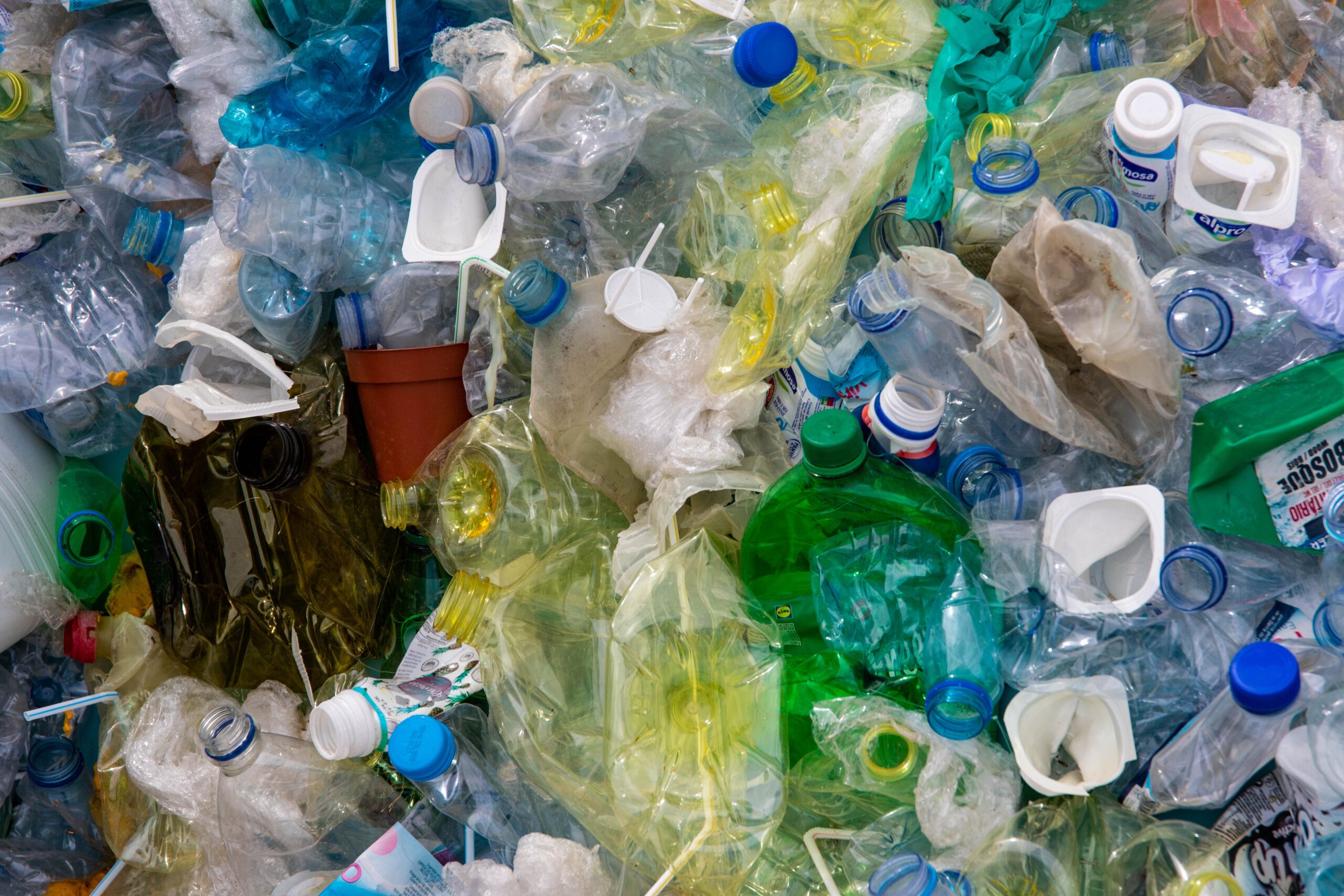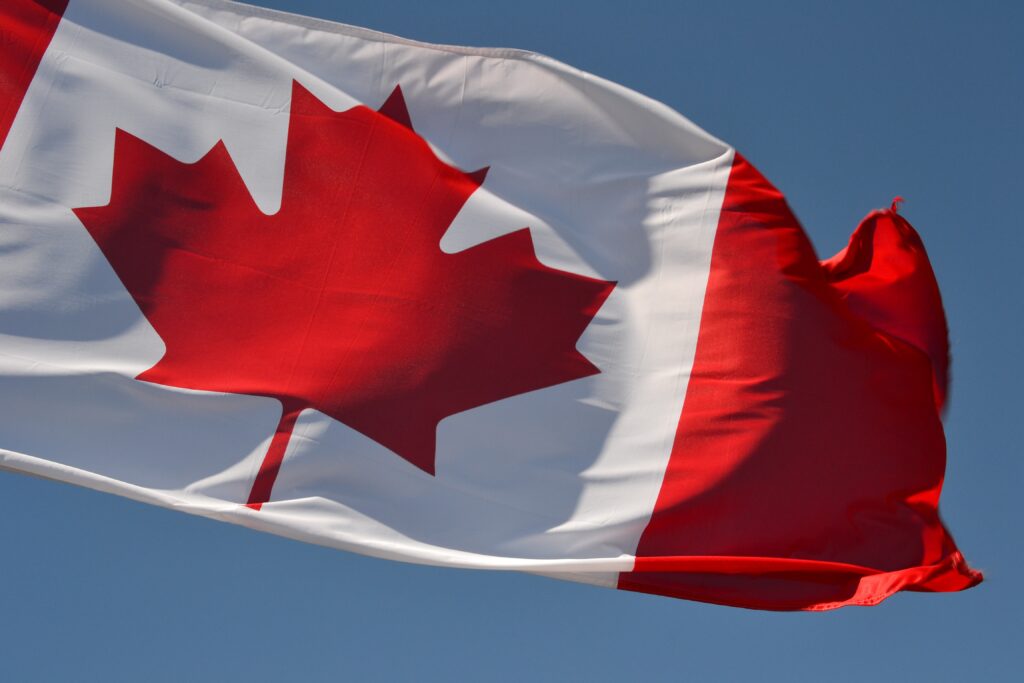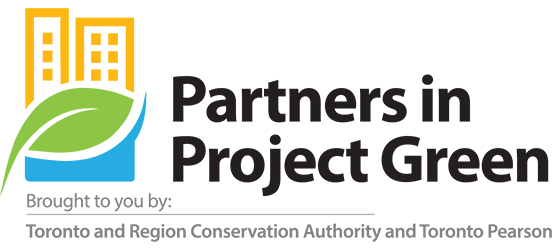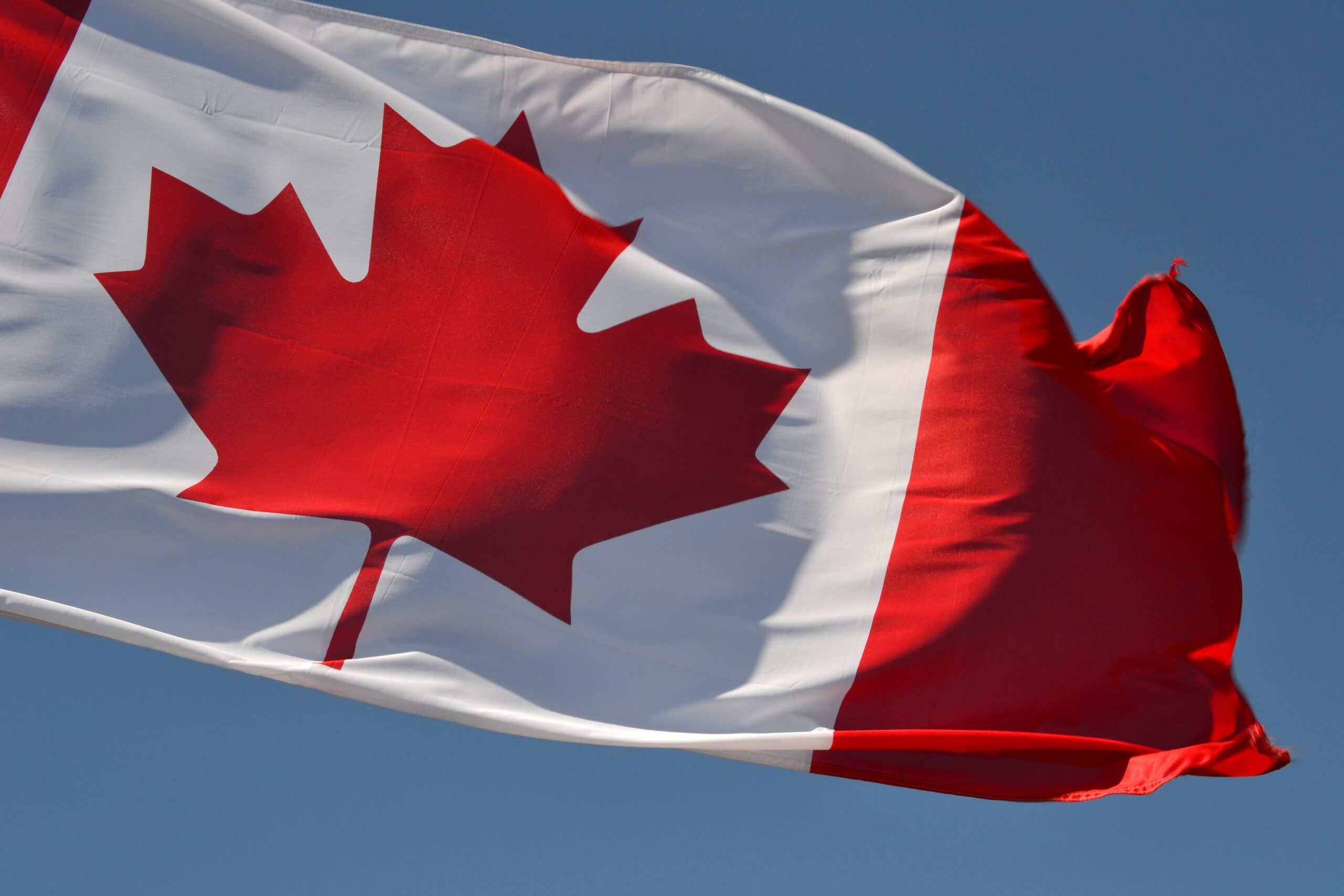Partners in Project Green shares Days of Awareness each month to spread awareness and start conversations. These days may have a social, historical, or sustainable significance worthy of our attention. These are just a small sampling of important days to acknowledge or remember. If we missed any days of importance that should be included, please share them with us.
Contact: Hershil Sheth – hershil.sheth@trca.ca.
Plastic Free July

A global movement that brings awareness and motivates action on plastic pollution during the month of July. Plastic Free July is a key initiative of the Plastic Free Foundation that has been operating since 2011. Learn how you can reduce plastic pollution at home and at work through accessing their resources and tools. Join the Plastic Free July Challenge this month and contribute to global efforts on plastic pollution prevention.
Canada Day – July 1st
July 1st marks the anniversary of the Constitution Act, which consolidated three territories into the single nation of Canada on July 1, 1867. Canada Day is a day to recognize and celebrate the diversity of peoples, cultures, and histories that make up this nation. Celebrations are held across the country in a variety of community events. Learn more about Canada Day and how you can celebrate in communities near you!
However, amidst the festivities, it is crucial that we also reflect on the painful chapters of our history. We must acknowledge the legacy of colonization and the devastating impacts it has had on Indigenous peoples, their lands, and their cultures. This awareness helps us build a more inclusive and compassionate Canada. As we celebrate Canada Day, let’s commit to building a future that values truth, healing, and unity. Together, we can forge a path towards reconciliation and create a Canada that upholds justice, equality, and respect for all.

There are several resources available in Canada to learn about Indigenous history. Here are a few recommendations:
- National Centre for Truth and Reconciliation (NCTR): The NCTR is a valuable resource that preserves the history and experiences of Indigenous peoples in Canada, particularly focusing on the residential school system. Their website provides access to survivor testimonies, educational resources, and research materials. Visit their website at: https://nctr.ca/
- University Programs and Courses: Numerous universities and colleges offer courses and programs dedicated to Indigenous studies. These programs delve into Indigenous history, culture, governance, and more. Consider exploring the Indigenous Studies departments or programs at universities near you. A course that many PPG staff have taken is the University of Alberta’s Indigenous Canada., which we would highly recommend.
- Indigenous Literature and Authors: Reading works by Indigenous authors provides unique perspectives and insights into Indigenous history and experiences. The Indigenous Voices Awards website can also guide you towards notable Indigenous literature.
- Reconciliation Organizations and Initiatives: Organizations like Reconciliation Canada and Indigenous Services Canada provide resources, information, and initiatives aimed at fostering understanding and reconciliation between Indigenous and non-Indigenous peoples.
Remember that learning about Indigenous history is an ongoing process, and it is important to approach it with respect, humility, and a willingness to listen and learn from Indigenous voices.
National Injury Prevention Day – July 5

National Injury Prevention Day raises awareness about the importance of preventing predictable and avoidable injuries. Injury is one of the main causes of death for Canadians between ages of 1 and 44, costing the Canadian economy over $29 billion each year. Engage your coworkers on workplace safety and share learnings with friends and family. Learn more about National Injury Prevention Day in Canada and resources you can access to help spread awareness here.
World Population Day – July 11
Global population surpassed 8 billion people earlier this year and is expected to grow to around 8.5 billion in 2030. World Population Day brings awareness to the urgency and importance of population issues and their relations to environment and development. Though this milestone has been achieved through advancements in health care, technology, and education, not all of this progress has been equally distributed. Learn about the history of World Population Day and the United Nations World Population Dashboard to see global population trends.


